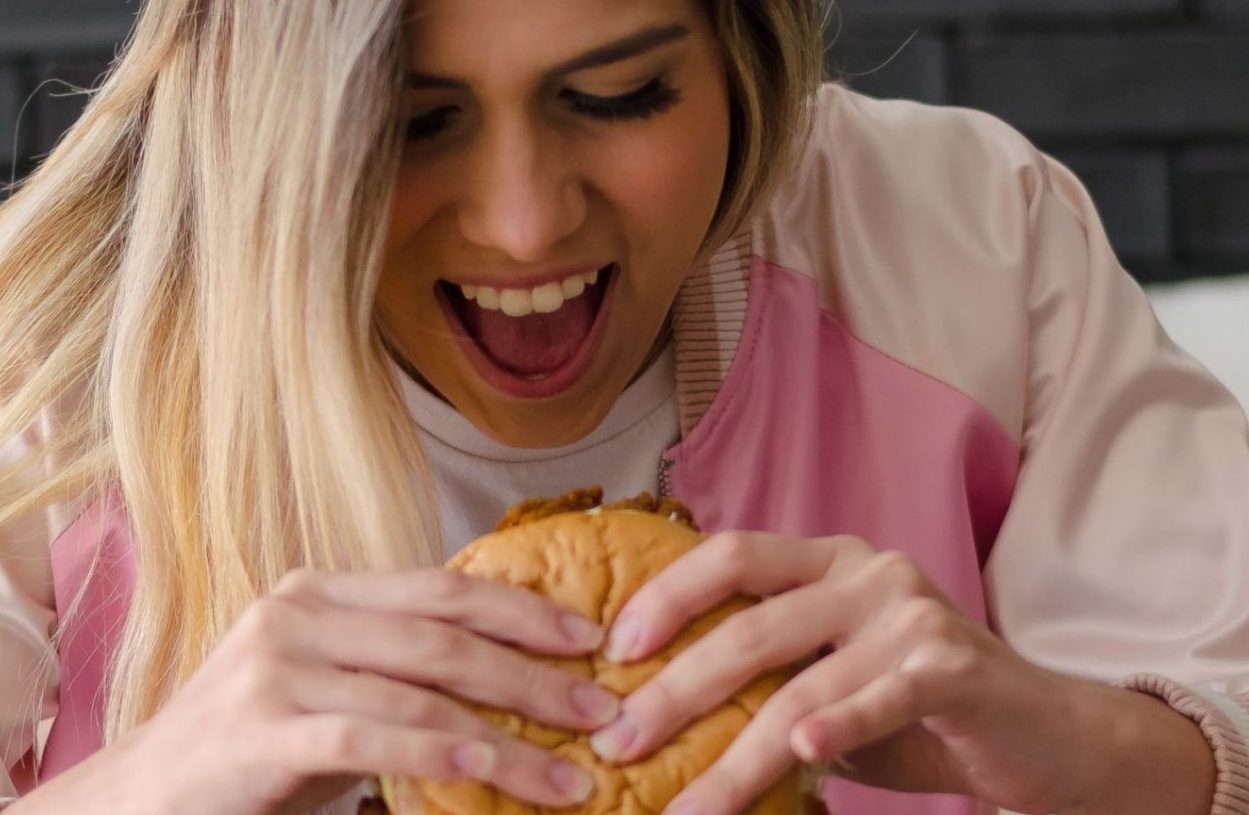Food” burnout syndrome: what it is
The risk of stress can give rise to the well-known ” burnout syndrome “, that is a form of physical and mental exhaustion that was first noticed in people who carried out emotionally pressing jobs, such as firefighters, law enforcement, doctors and teachers, social workers and psychologists.
This syndrome has a pathological outcome and is linked to the stress caused by having to deal with people and difficult situations on a psychological level every day. It is therefore a syndrome closely linked and studied as a form of work-related stress, which affects those who, in the long run, are no longer able to detach themselves from the difficult situations that push them to constant interpersonal confrontation.

However, today there is talk of pandemic burnout syndrome . The psychological impact of the Covid pandemic has had the same effects as the classic burnout syndrome even in those categories that do not carry out this type of work. In short, pandemic stress would have the same characteristics as a burnout syndrome, with phenomena of depersonalization, alienation, depression.
FOOD BURNOUT SYNDROME: DOES IT REALLY EXIST?
But there is also another aspect of pandemic burnout syndrome: the food aspect. So much so that today there is talk of ” food burnout “, a phenomenon that leads to taking refuge in food in an attempt to reduce the continuous tension given by the social and personal outcomes of the pandemic. Food burnout is therefore characterized by a spoiled relationship with food , by the choice of foods rich in calories known as “comfort food”, by a greater consumption of alcohol.
At the same time, given that the stressful period of the pandemic shows no sign of resolving itself, the constant concern for our future makes us intolerant to the resumption of good eating habits .
We therefore refer to an “after” the moment in which we will take care of our body.
But is the phenomenon really so alarming?
THE PROBLEMS IN IDENTIFYING A FOOD BURNOUT SYNDROME
Nì.
- First of all , it is absolutely normal to crave certain foods or certain dishes when we feel stressed, precisely because in the long run, stress undermines our health. Evolutionarily speaking, our brains have not changed from that of our ancestors. We feel under attack, and as a result our brain tries to obtain greater well-being from all those foods that promote the release of dopamine.
It is therefore not strange to take refuge in the kitchen, think about the dishes of your childhood, start making bread and pizzas at home, wanting sweets, wanting to spend the evenings eating pizza while watching TV even when you have the opportunity to go out. - Another thing not to be underestimated is that there are no equal times for everyone to get out of a situation that has worn us out. Some people may react right away, others will take months or longer.
- Talking in alarmist tones about something that is physiological can also lead to greater impatience. We are surrounded by alarming news, and based on this consideration we will be unwilling to consider even the way we eat a cause for concern .

- It could even be counterproductive, prompting people to isolate themselves even more by acting on their guilt. The obvious consequence is to make them feel inadequate and even monstrous in their craving for foods that are not considered healthy by the norm.
- On the other hand, of course, we are well aware that obesity is now considered a pathology to all intents and purposes.
And that somehow reporting the phenomenon can be useful in preventing its worst outcomes, such as binge-eating, forms of food or alcohol addiction. But even in this case, the responsibility cannot simply be passed on to the individual, but it is the authorities who, with adequate information campaigns, can raise public awareness.
What can we do?
-
First of all, don’t blame us for our food cravings, for the fact that we don’t want to exercise or anything else.
As I said, there is no magic pill that can free us from the stress of the pandemic automatically nor can we think that there is a time to react to food burnout that is the same for everyone.
-
Instead, we can try alternative strategies to reduce tension which normally do not have to involve diet.
For example, doing pilates, yoga, meditation, forcing yourself to go out for a walk at least once a day, being pampered like a beauty mask or spending time with your closest friends where possible. And above all rest.
-
At the same time, it can be helpful to rethink the way we cook.
For example, using the “swaps” ( read here what they are ), the light cooking tricks that are very easy and allow us to prepare the same dishes with much less calories.
Let’s try it without turning it into a fixation. -
And above all: no to drastic solutions!
We think of the body as a friend who is suffering a lot, who has helped us on many occasions, who we love. What would we do if this friend came to us in tears in the midst of a crisis? Would we tell him go on a diet right away, he looks at what you’ve become, or would we hug him first?
























+ There are no comments
Add yours